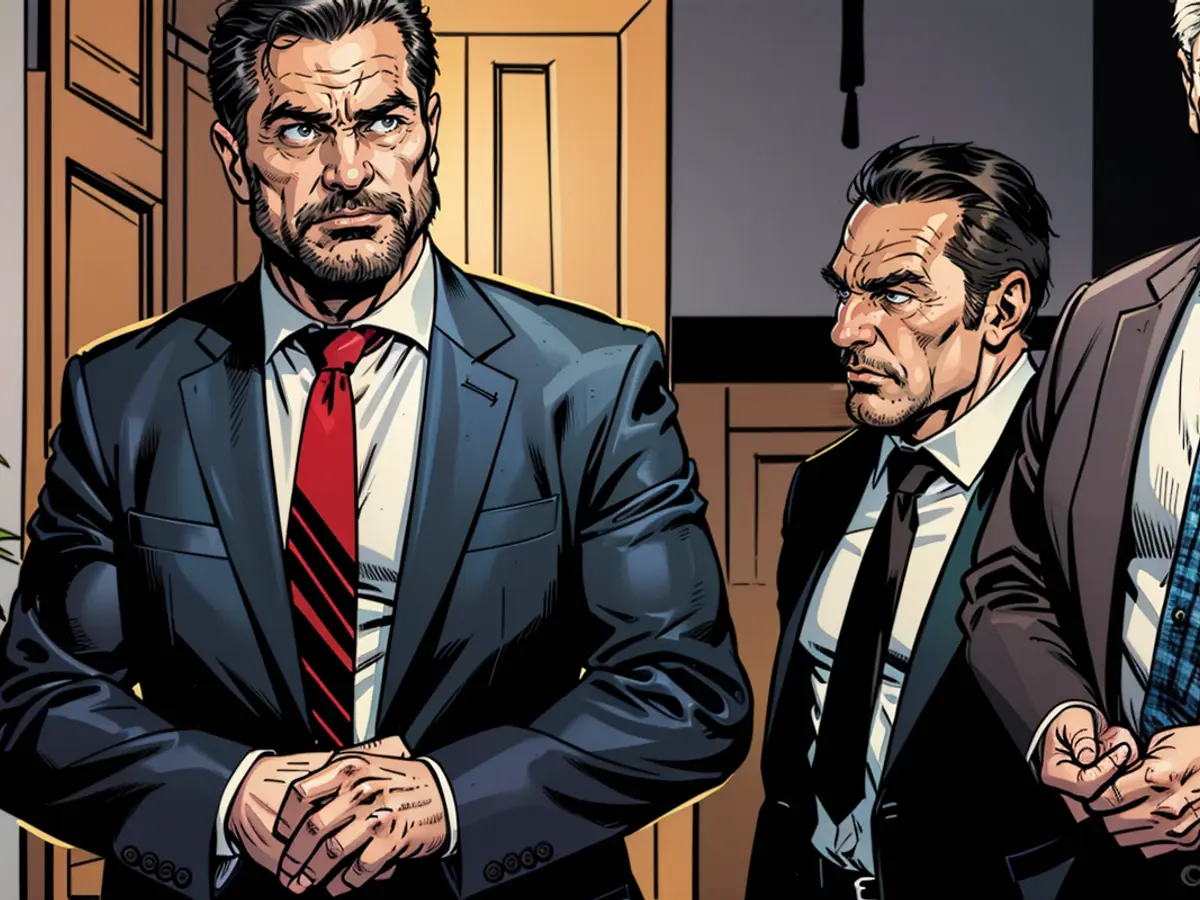Union Representing Motor Vehicle Operators - Wesley decides to depart from GDL.
With tears in his eyes and standing ovations, long-term GDL union president Claus Weselsky bade farewell to members and his organization. After 16 years as national president and 234 labor disputes, amounting to 12,012 strike hours, Weselsky leaves behind a legacy that often strained the patience of travelers. Now, at 65, he retires.
The future of smoother wage negotiations for train travelers depends on the new GDL national council, chosen at the conference in Dresden. Lead by Mario Reiß, who received almost 95% of the delegates' votes, the council also includes deputies Lars Jedinat and Christian Deckert.
"We aim to work together as a team in the future," Reiß stated after the conference, signaling an end to the solo nature that characterized Weselsky's leadership. Although the team structure has existed before, Reiß intends to make it more noticeable. Additionally, the GDL plans to become more politically active and get more involved in rail policy matters. Reiß also promised a more subdued tone, referring to Weselsky's infamous outbursts.
However, the conciliatory tone from the GDL did not carry over to its assembly. Weselsky remains connected to the union as an honorary president and has already declared his intent to comment on future wage negotiations with Deutsche Bahn. Furthermore, Weselsky has pledged his support to his successor, Mario Reiß, in an advisory role.
GDL remains on a collision course
In his speeches to the delegates, the new president made it clear that the GDL will retain its confrontational stance on major issues. "In an operation where the employer aggressively attacks us and arbitrarily applies the Tarifeinheitsgesetz, a genuine social partnership cannot flourish," Reiß said, addressing the Bahn personnel board member, Martin Seiler.
The Tarifeinheitsgesetz (TEG) dictates that in operations with two competing unions, only the tariff agreements of the larger employee representation are applied. In most Bahn operations, this is the Eisenbahn- und Verkehrsgewerkschaft (EVG).
The law is not only seen by Weselsky as the main cause of the strained relationship between the GDL, EVG, and Deutsche Bahn. "This law divides the workforce and stirs up trouble in the operations," explained Volker Geyer, deputy national president of the German Civil Servants' Association (dbb), at the GDL conference. "This law is not a Tarifeinheitsgesetz, but a Tarifspaltungsgesetz."
Weselsky devoted a large portion of his 16-year tenure to fighting against the TEG, with the topic subtly influencing many of his wage negotiations with the railway. Known for his bluntness, the native Dresdner never hesitated to publicly criticize the management of Deutsche Bahn or unwanted politicians.
During his time within the union, his labor struggles and the prolonged wage negotiations with the railway led to frustration and resentment among many travelers. Saxony's Minister-President Michael Kretschmer recalled at the conference that he often laughed when joking that Weselsky had inherited the title of "least popular Saxon in all of Germany" from Walter Ulbricht. He wished to apologize for this joke at Weselsky's expense. "But it was well-received."
Similar popularity comparisons with former East German leaders will likely be avoided by the new GDL national council.
The new GDL national council, led by Mario Reiß, may face challenges in maintaining smoother wage negotiations with Deutsche Bahn, given Weselsky's continued involvement as an honorary president and his vow to comment on future negotiations.
Despite the new council's conciliatory tone, the Trade union (GDL) remains committed to its confrontational stance on major issues, as expressed by Reiß in his speeches to delegates.








